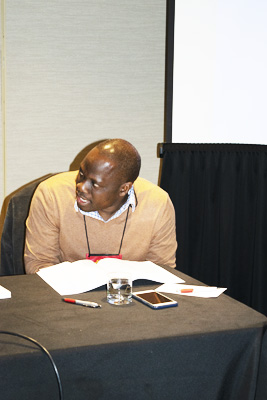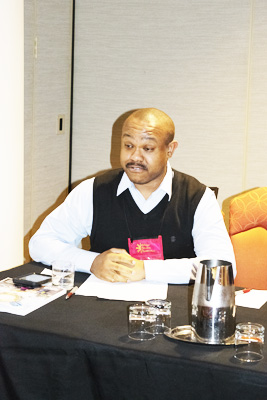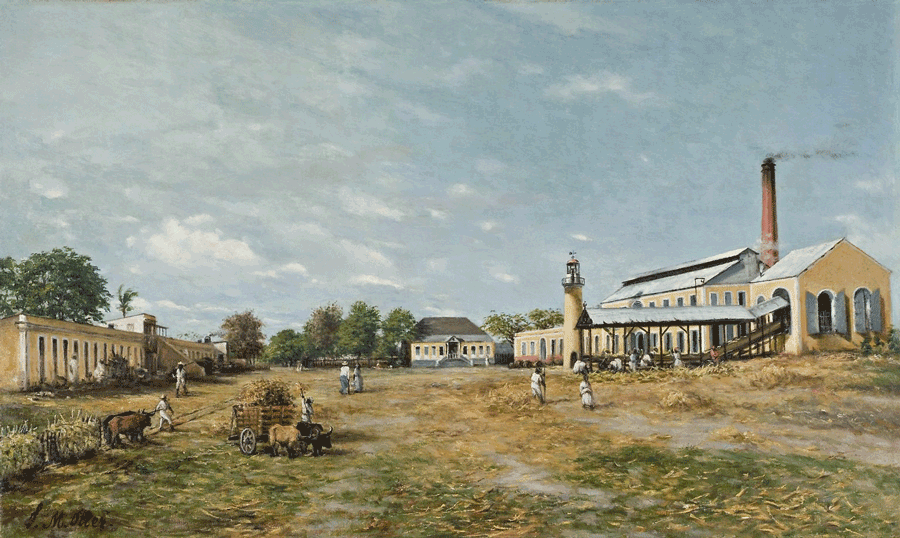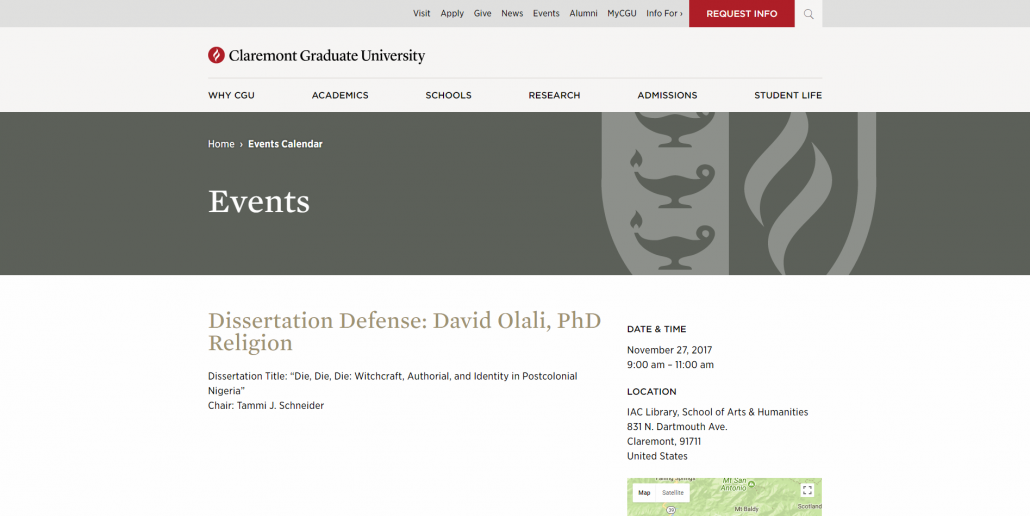Definitions of “scripture” fetishize and sacralize the phenomenon. “scripture” is treated as sacred (texts to be revered), and most assuredly, written with a capitalized initial, “S”. But “scripture”, beyond its axial hegemonic characterizations, is forged through human relationships. Using comparative methodological approaches found in the writings of Wilfred Cantwell Smith (What Is Scripture?) and Vincent Wimbush (White Men’s Magic), this paper examines scriptural imaginaries in the ideation of Lagos as a city, a heavily-freighted terminology, as a modern invention.
As a signifier within Africa’s postmodernities Lagos embodies the consistencies and contradictions of “scripture”, namely opportunities for formations\ re-formations\ deformations\deform-(n)ations within pre- and postcolonial ambiguities, as windows unto understanding human complexities, or what it means to be human. Thus, while scriptures are not always about sacred writings, the British annexation of Lagos as its prized possession via the fiat of scriptural logics shows, as Wimbush argues, that “texts and literacy mark where power is in the world.” Yet, scriptures are not about texts per se; rather, performances of scriptures (signifying and scripturalizing practices) reveal that “individuals are the vehicles of power.”
In this paper references to (emergent historical) sites of scriptural formations establish the transmutability and translocality of scriptures. By citing the preponderance of religious presences within her, Lagos assumes the reiterations of the indwelling magics, meanderings, meanings, and massages of Henry Louis Gates’ significations or Wimbush’s scripturalization.
Finally, processes of nativization and normalization appear to transfer from the early empire dealers to new localized institution builders of society that would not spoil.
Terms: scripture, scripturalization, postcolonial, signifying, power relations
Dr. David Olali presented this paper during the 61st Annual Meeting of the African Studies Association held in Atlanta, GA (November 29-December 1, 2018).
The theme of the events was Energies: Power, Creativity and Afro-Futures.
Want more details about this presentation, contact Dr. David Olali: david.olali@cgu.edu.
III-P-2 The Crossroads of Spiritualities: New and Old Religions of Lagos in Transition (Lagos Studies Association)
Chair: Babatunde Babalola, University of Cambridge
Scriptural Economy: Magics, Meanings, and Massages of Lagos, by David Olali, Claremont Graduate University
Ecclesiastical Polity, Christian Nationalism, and Religious Freedom in West Africa, 1880-1884, by Adrian M. Deese, University of Cambridge
Muhammad Jumat Adesina and the Yoruba Madhist Movement in Lagos and Ijebu, by Oliver Coates, University of Cambridge
Discussant: Adedamola Osinulu, New York University





